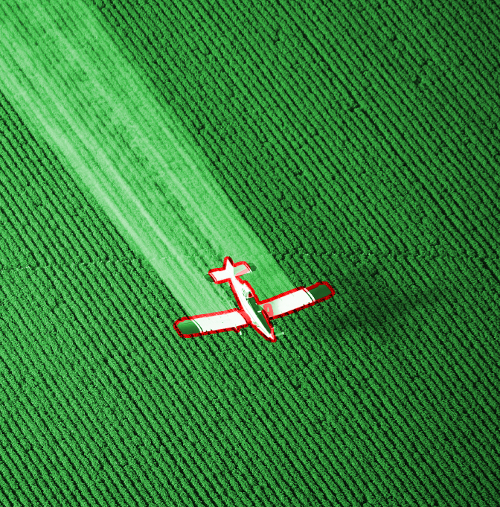Farm chemical unknowns outlined
 An official report has warned about inadequate agricultural chemical monitoring in Australia.
An official report has warned about inadequate agricultural chemical monitoring in Australia.
Australia is a world-leading producer of high-quality agricultural and veterinary (agvet) products. But, according to a new report commissioned by the Department of Agriculture, there is no adequate data source to monitor the effect of agvet chemicals on humans.
The report reveals that Australia lacks basic data to assess the impact of these chemicals on the environment and human health, highlighting that the federal government has no suitable data source for monitoring the effect of agvet chemicals on humans.
The research discovered that data on pesticides in the environment is local and only a “snapshot in time.”
Workplace health and safety regulators were unable to provide useful information about workers' exposure to agvet chemicals, and public health authorities did not hold any useful information about human exposure to agvet chemicals.
Without this data, the Australian Pesticides and Veterinary Medicines Authority, which is responsible for regulating pesticides, may be engaging in guesswork when it approves products.
Matt Landos, an associate researcher at the University of Sydney and a member of the National Toxics Network, noted that “the existence and quality of that data is paramount”.
The report found that only one study on human bio-monitoring was available, dating back to 2005, and there are no national sources of data on pesticides in groundwater, urban stormwater, drinking water, soil, or wildlife.
The only long-term monitoring of pesticides in the environment was as part of the protection of the Barrier Reef, and it was limited to 22 pesticides.
While monitoring of pesticides in food is better, the report notes that monitoring of domestically sold fruit and vegetables, conducted by fresh food markets and supermarket chains, was confidential.
The report adds to existing questions about how Australia can claim it is “a clean and green” producer of food.
This report's findings come a week after the European environment agency released a report saying that widespread pesticide use in Europe “is a major source of pollution – contaminating water, soil and air, driving biodiversity loss and leading to pest resistance”.
It also highlighted that “human exposure to chemical pesticides is linked to chronic illnesses, such as cancer, and heart, respiratory and neurological diseases”.
At least 70 chemicals that are either banned or no longer registered in Europe are still in use in Australia. Globally, Australia is one of the heavier users of pesticides in food production.
The Department of Agriculture says it will use the report's findings to inform future policy work to improve the agvet chemicals regulatory system.
Croplife Australia, which represents the major agricultural and veterinary chemical companies in Australia, has responded to the report, saying it; “reinforces the primacy of independent, data-driven, and risk-based regulation of pesticides in Australia, as assessed by the APVMA”.
The full report is accessible in PDF form, here.








 Print
Print